DOG TRAINING OFFERED IN-PERSON AND ONLINEOur dog training services are delivered in almost any format that meets your needs. We have GROUP CLASSES at our indoor and outdoor facilities on our farm, ONLINE LIVE STREAMING classes, and SELF-PACED VIDEO-BASED training through our Online Dog Training Course. Our PRIVATE TRAININGS can be done in-home, outside, in public dog-friendly locations, at our facility on our farm, online via phone or video conferencing and through email. |
Does your dog have issues with other dogs? Our society seems to assume that all dogs should love all other dogs. Those of us who live with dogs know that is not always the case.
At the John Rogerson seminar I attended, he had some interesting ideas about the causes or contributors to issues such as dog-dog aggression. John believes these issues are in part due to the increasing number of purebred dogs in homes that are not appropriate for their current lifestyle. Dogs that were bred for high energy, high drive jobs, like guard/hunting/herding dogs, do not always make great household pets. This is especially true if the dog is expected to sleep at home all day while the family is at work and school. These dogs sometimes get a daily walk or short play periods, but sometimes daily exercise is minimal at best. A short walk is simply not enough for many of these breeds. Some possible solutions include:
- Schedule supervised play dates with compatible dogs. If you don't know of other dogs, look for trainers who might have socialization sessions.
- Hire a dog walker to come in and walk your dog while you are gone during the day.
- Take your dog to a training class or get involved in an organized dog sport (agility, rally, flyball, etc.) that provides an appropriate outlet for your dog.
Another factor he points toward contributing toward aggression toward other dogs is the increasing use of dog day cares and dog parks. For certain dogs these can be great options, but I agree that they can also cause or exacerbate already existing issues in other cases. Part of this depends on how well-supervised dogs are at day cares and dog parks. Issues can be created if dogs are left loose to do as they please with other dogs and are never asked to check in or respond to anyone until it’s time to leave. This is something I often discuss with clients. PROPERLY used, these can be great options, but far too often they are not used properly. If you need to rely on dog day cares and dog parks, I recommend carefully researching your options and reading these resources to learn how to better read dogs:
John believes another factor in dog-dog aggression is multiple dogs households. While I don’t necessarily agree with everything he says, he makes some good points. Again, I think it comes down to the types of interactions happening, how well the dogs are supervised, and the specific dogs in each case. Part of the problem arises when the resident dog becomes the primary attachment for the new dog. If your dogs spend 24/7 together and you spend a few hours a day with your new dog, it’s easy to see who the largest influence will be. You should be the greatest influence on your new dog, not your other dog(s). I recommend this resource for more about multiple dogs households, Feeling Outnumbered? by Karen B. London, Ph.D. and Patricia B. McConnell, Ph.D
This post would get far too long if I went into further discussion of this, but there is much to consider here. Have you seen problems with your dog or other dogs that were created or worsened by dog day care, dog parks, or other dogs in the same household?
Our goal is to positively impact the lives of as many dogs and their families as we can, in part through our extensive library of video, infographics and text articles. |
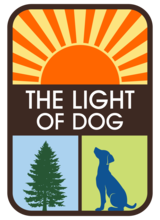
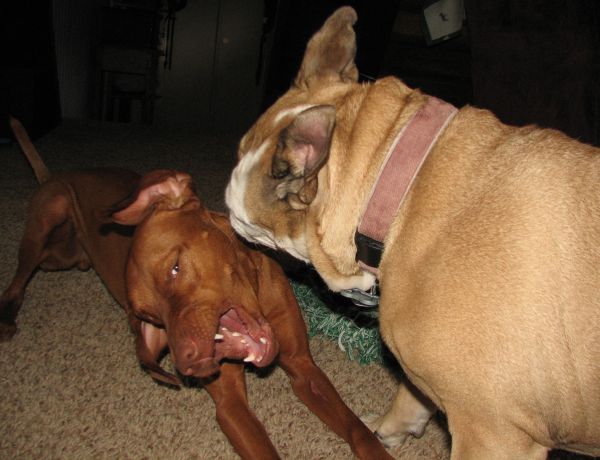
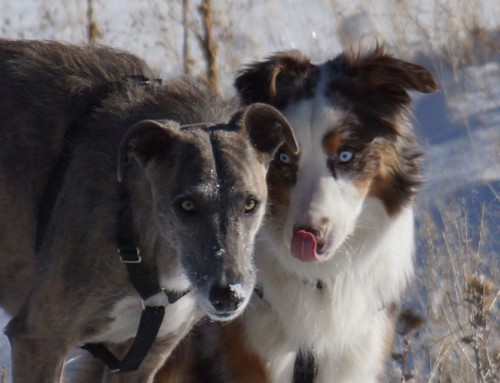
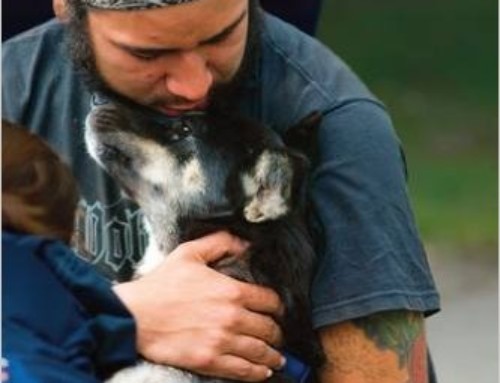
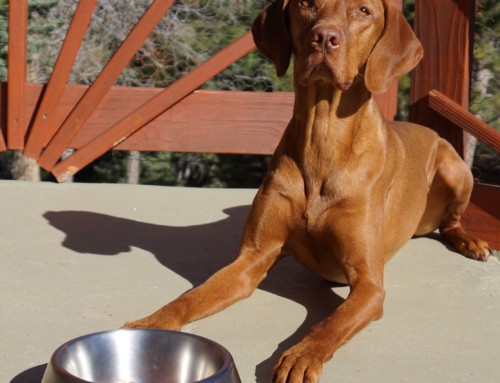
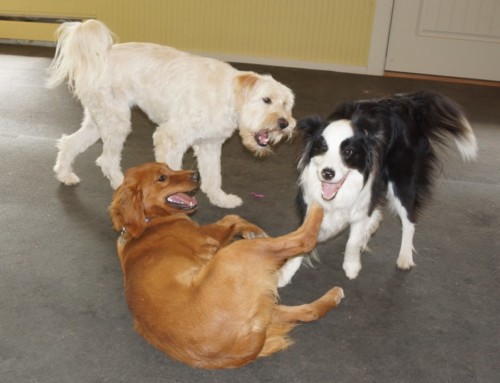
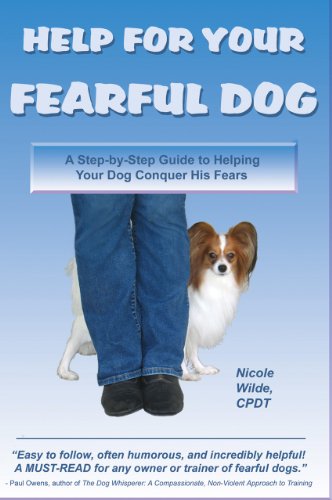

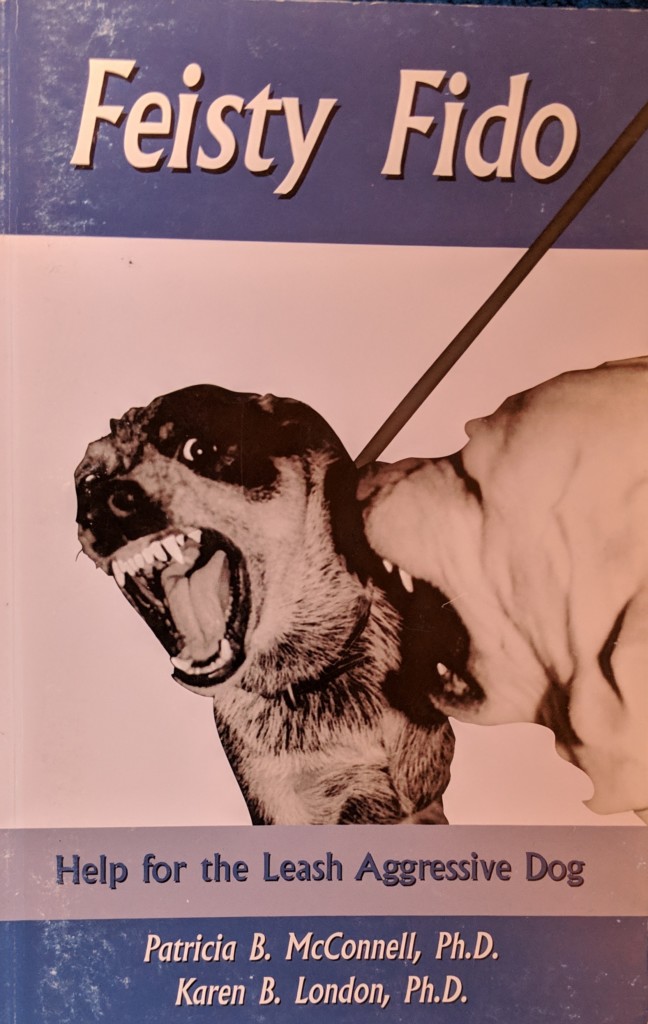

The problem with the focus by territorial authorities and others on dog parks is that it displaces the rich and meaningful discussion of the value of urban ‘dog trails’ as being a superior solution all round. Calgary is a good example of better thinking around what works and what works better. Neither physical option displaces the need for better education in dog ownership but at least multi-use trails sets up the community for success.
Your comments about dog parks perhaps being more of a problem than a solution was interesting. I have a 6yo male Great Dane rescue who was almost euthanized at 5mos for dog aggression. We went thru a lot of training, formal classes and at home, and I have gotten him to the point where I can take him to public events, even canine events, as long as I am wholly attentive and in control. He’s been really good for several years and the (very submissive) pit bull across the street was his best buddy and would come over for play dates before his family moved away. I feel bad that he’s an only dog and have been going to the dog park every once in a while, where I keep a close eye on him and remove him when a dog arrives that he is locking onto. But a few weeks ago my friend and I went on a Diabetes Walk and he attacked her Aussie cattle dog, tearing up his shoulder. I was seated and my dog was leaning on me when her dog approached from the side sniffing. My dog doesn’t give any warnings, so I have become sensitive to his body language, I felt him go still and reached for his collar but just wasn’t quick enough. Although I had my dog’s lead at 2′, my friend’s dog was on a flexilead and that allowed more than enough room for trouble. I got my dog’s pinch collar and yanked while giving strong vocal commands and he let go, but he’d done a lot of damage in those few seconds. As a result I have realized that the dog park is out for good. If I can’t prevent an incident when I am in close physical contact I’d never be able to intervene quickly enough at the park. From your article it sounds as of the dog park was a bad idea all along.
Sorry to hear that our friend’s dog was injured – I hope he’s ok now. It sounds as if you’ve put a lot of time and work into making sure your dog remains safe around other dogs. As you know, there just are no guarantees, and no matter how many precautions we take, sometimes things still can go wrong. There is just far more opportunity for things to go wrong at a dog park. For some dogs, dog parks can be a great option. But for many, it really is not a good option. I hope you have found other good alternatives for your dog. Thanks for sharing your story!
Thanks. My friend’s dog had to have minor surgery and stitches and he’s going to have a scar (covered by fur), but he seems to be okay. It could certainly have been worse, but fortunately my dog is never aggressive toward small dogs or puppies. He gets plenty of outings, my best friend comes over three days a week and walks him 3-4 miles, and on the other days I try to get in at least 2 miles with him. He’s great with people, with all the work we put into training I got him certified as a therapy dog through Delta Society and we visit a day resource center for the mentally ill. I take him with me everywhere dogs are allowed. I just feel bad that he has no other dogs to play with. But I guess that’s safest for all concerned.